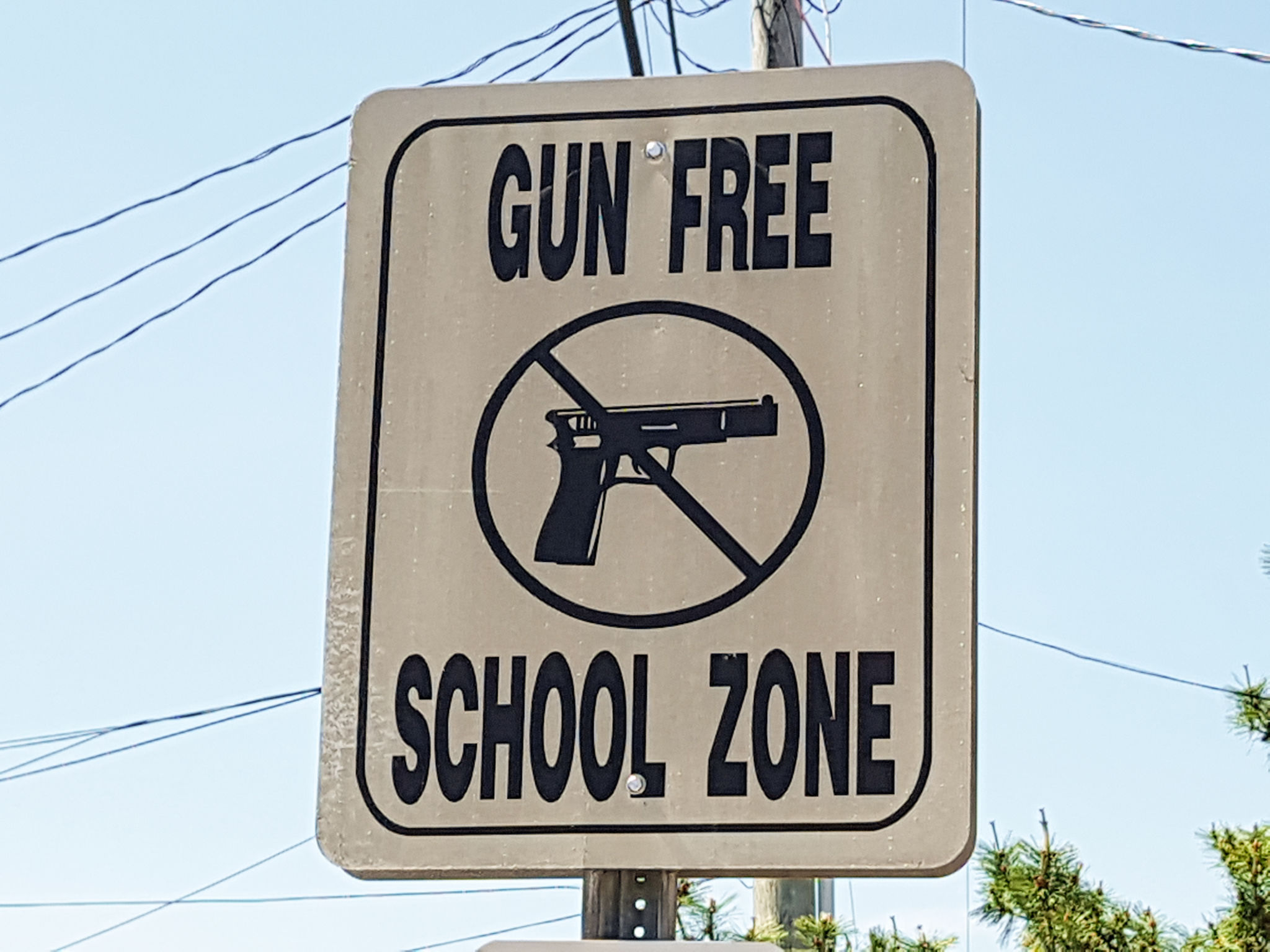Navigating Dallas's Real Estate Regulations: A Guide for Multifamily Investors
Understanding Zoning Regulations
Dallas's multifamily investors face a unique landscape of zoning regulations that can significantly impact their investment decisions. Understanding these regulations is crucial for ensuring compliance and making informed choices. The city of Dallas is divided into various zoning districts, each with its own set of rules governing land use, building height, density, and more.
The first step for any investor is to determine the zoning classification of a potential property. This information can be found on the City of Dallas Zoning Map, which provides detailed insights into what can and cannot be developed in specific areas. Knowing the zoning restrictions helps in assessing whether a property is suitable for multifamily development.

Permitting Process and Requirements
Once you've identified a potential investment property, the next step is navigating the permitting process. The City of Dallas requires several permits for multifamily developments, including building permits, site permits, and sometimes special use permits depending on the project's scope.
Investors should be prepared to submit detailed plans and documentation to the Dallas Development Services Department. This includes architectural drawings, site plans, and environmental assessments. It's important to ensure that all submissions are accurate and complete to avoid delays in the approval process.

Environmental and Safety Regulations
Dallas places a strong emphasis on environmental and safety standards in multifamily developments. Investors must adhere to guidelines concerning stormwater management, waste disposal, and energy efficiency. Additionally, safety regulations such as fire codes and accessibility standards must be met to ensure the well-being of future residents.
Engaging with environmental consultants and safety experts can be beneficial in navigating these complex requirements. They can provide valuable insights and help ensure compliance with all necessary regulations, minimizing risks and potential legal issues.
Working with Local Authorities
Building a relationship with local authorities is essential for multifamily investors in Dallas. Regular communication with city planners, zoning officials, and other relevant departments can facilitate smoother project approvals and help investors stay informed about any regulatory changes or upcoming developments in the area.
Participating in public meetings and engaging with community stakeholders can also be advantageous. It provides investors with an opportunity to address concerns, gather community support, and demonstrate a commitment to responsible development.

Staying Informed About Regulatory Changes
The real estate regulatory environment in Dallas is dynamic, with changes that can impact multifamily investments significantly. Staying informed about these changes is crucial for maintaining compliance and capitalizing on new opportunities.
Investors should regularly review updates from the City of Dallas's official website and consider joining local real estate associations. These organizations often provide timely updates on regulatory developments and offer networking opportunities with other industry professionals.
Conclusion
Navigating Dallas's real estate regulations requires a thorough understanding of zoning laws, permitting processes, environmental guidelines, and active engagement with local authorities. For multifamily investors, being well-prepared and informed can lead to successful projects that meet both regulatory requirements and market demands.
By taking proactive steps to understand and comply with local regulations, investors can ensure that their developments contribute positively to Dallas's vibrant real estate landscape while achieving their financial goals.
